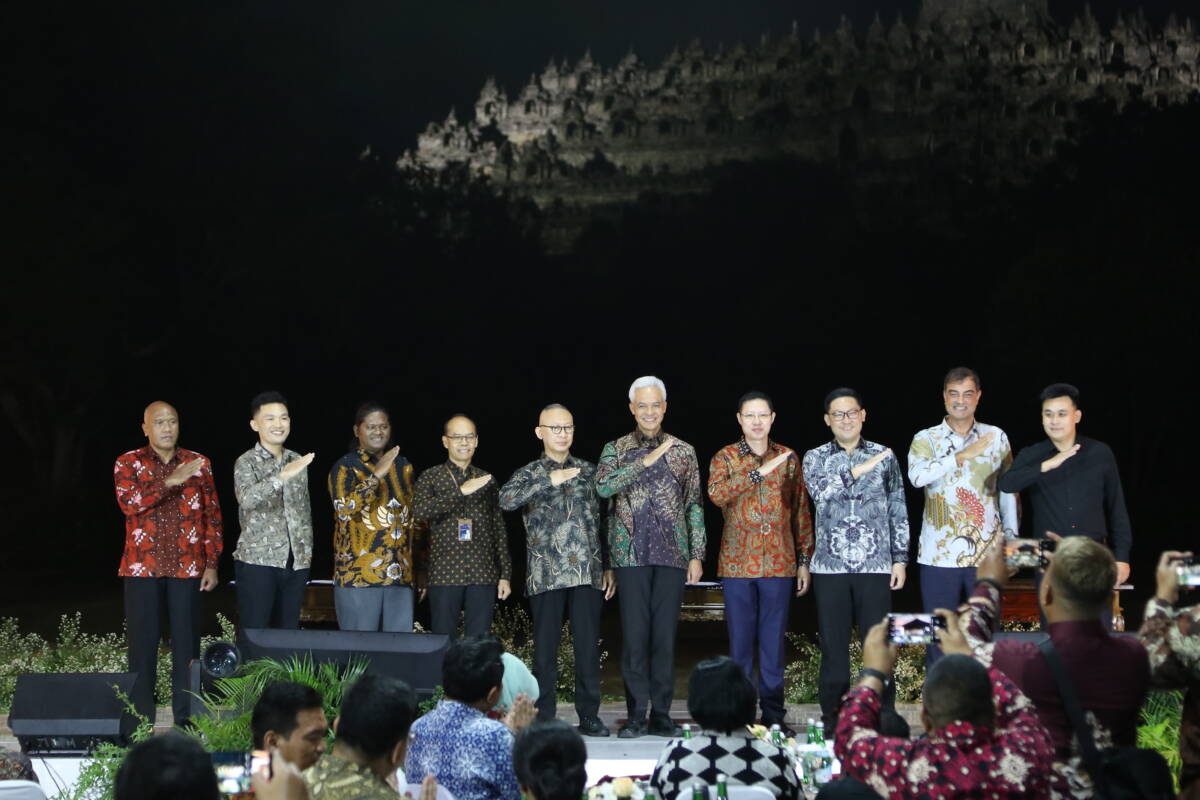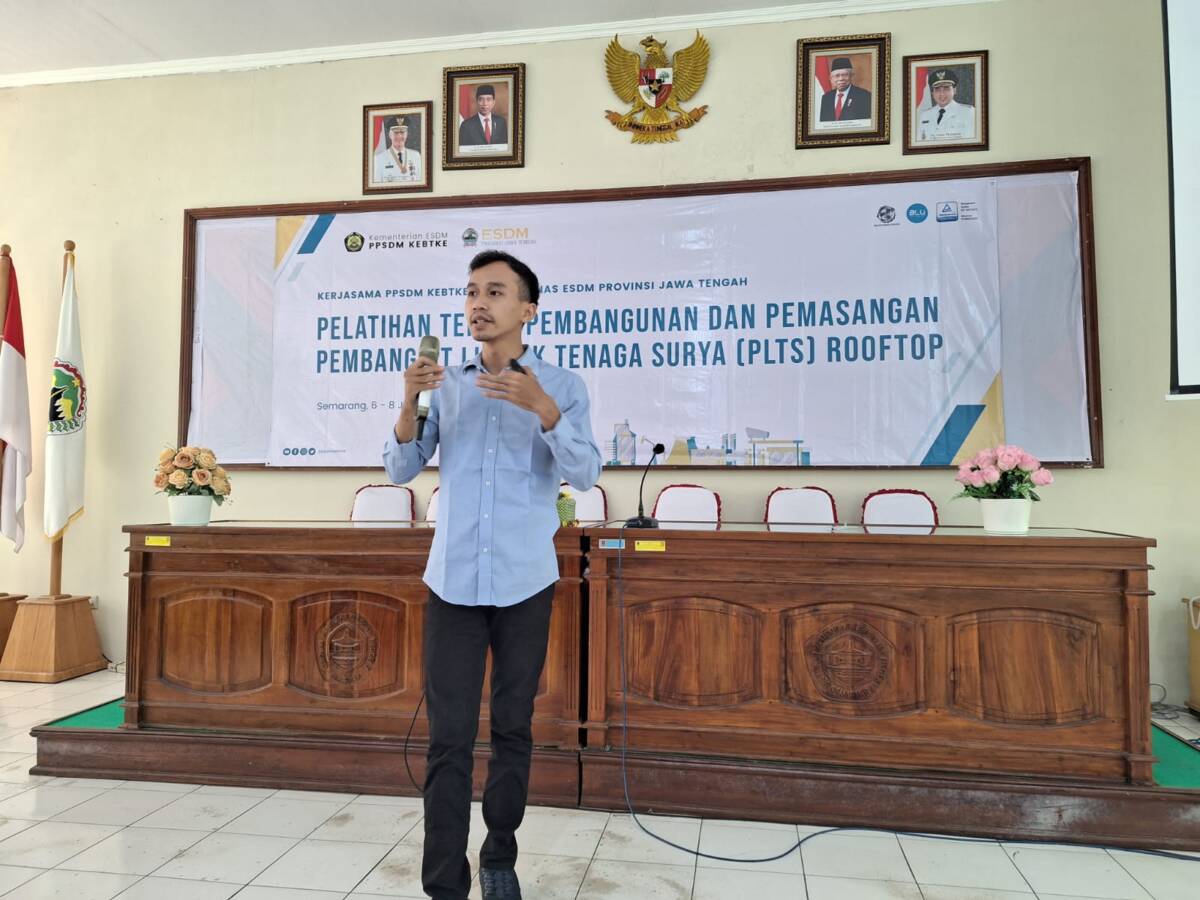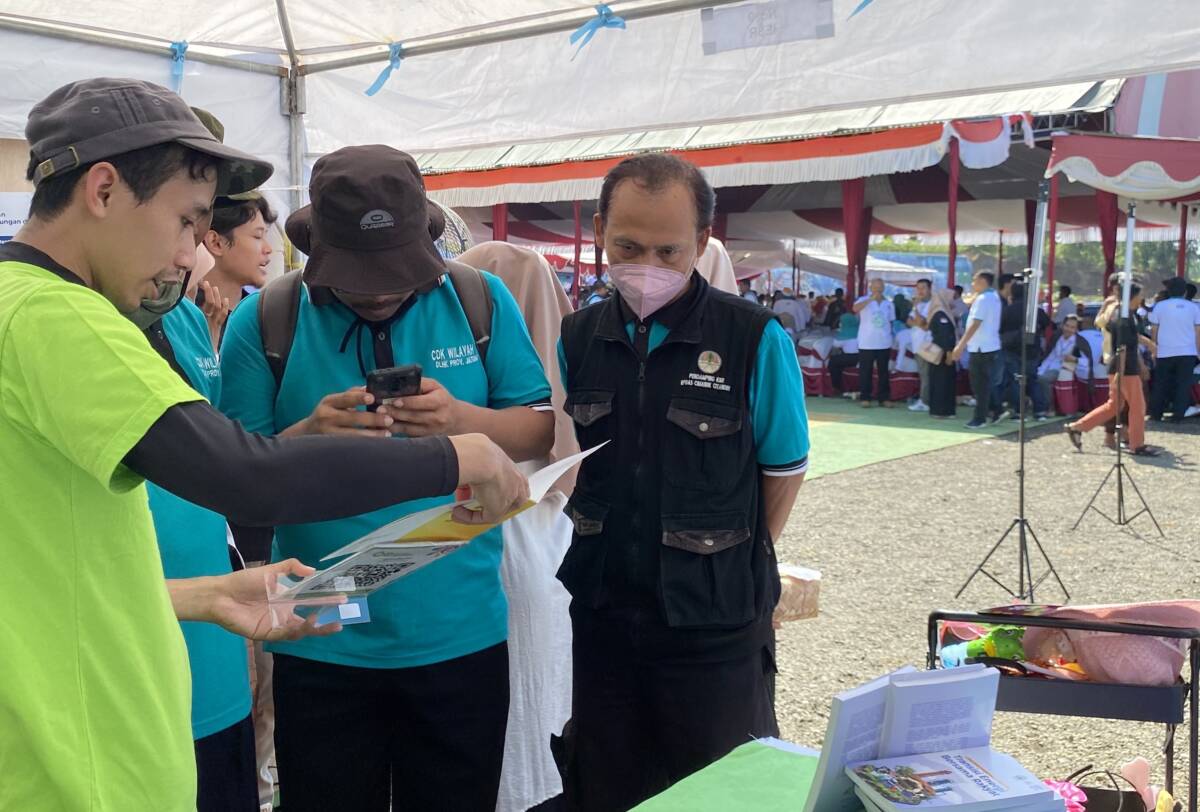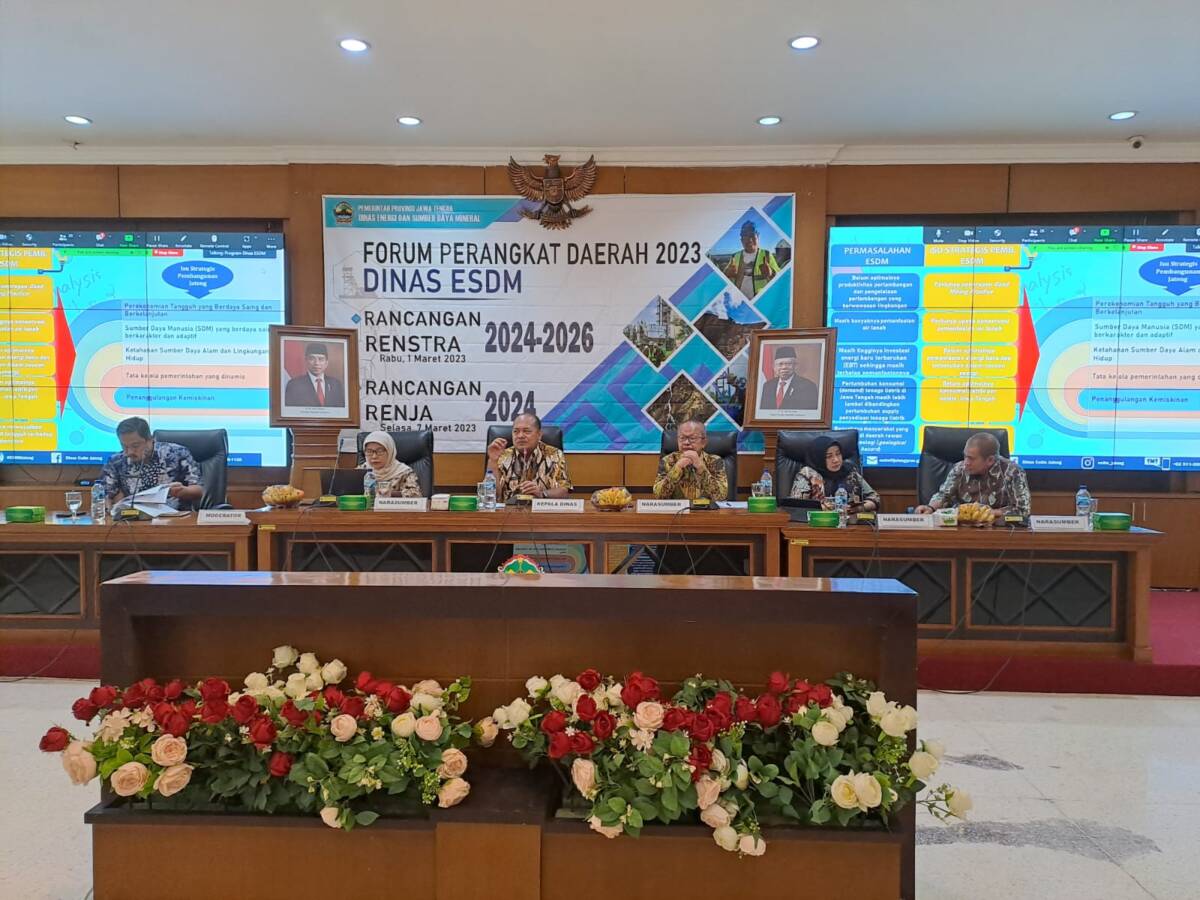
Go Greener: Central Java’s Efforts to Attract Sustainable Investment
Magelang, August, 21-22 2023 – Central Java aims to attract green investment of up to IDR 65 trillion by 2023 (based on data from the Ministry of Investme... Read more.

Introducing Rooftop PV and Its Related Aspects to Students of SMK Negeri 7 Semarang
Semarang, 6 June 2023 – The Energy and Mineral Resources Office of Central Java Province is holding technical training on the construction and installatio... Read more.

IESR Participates in Celebrates Earth Day in Cilacap
Cilacap – In commemoration of Earth Day, which falls every April 22, the Institute for Essential Services Reform (IESR) took part in revitalizing the peak... Read more.

The Central Java MEMR Office Involves IESR in the Drafting of the Strategic Plan 2024 – 2026
Semarang, 1 March 2023 – The Energy and Mineral Resources of Central Java Province involved the Institute for Essential Services Reform (IESR) as a partic... Read more.
